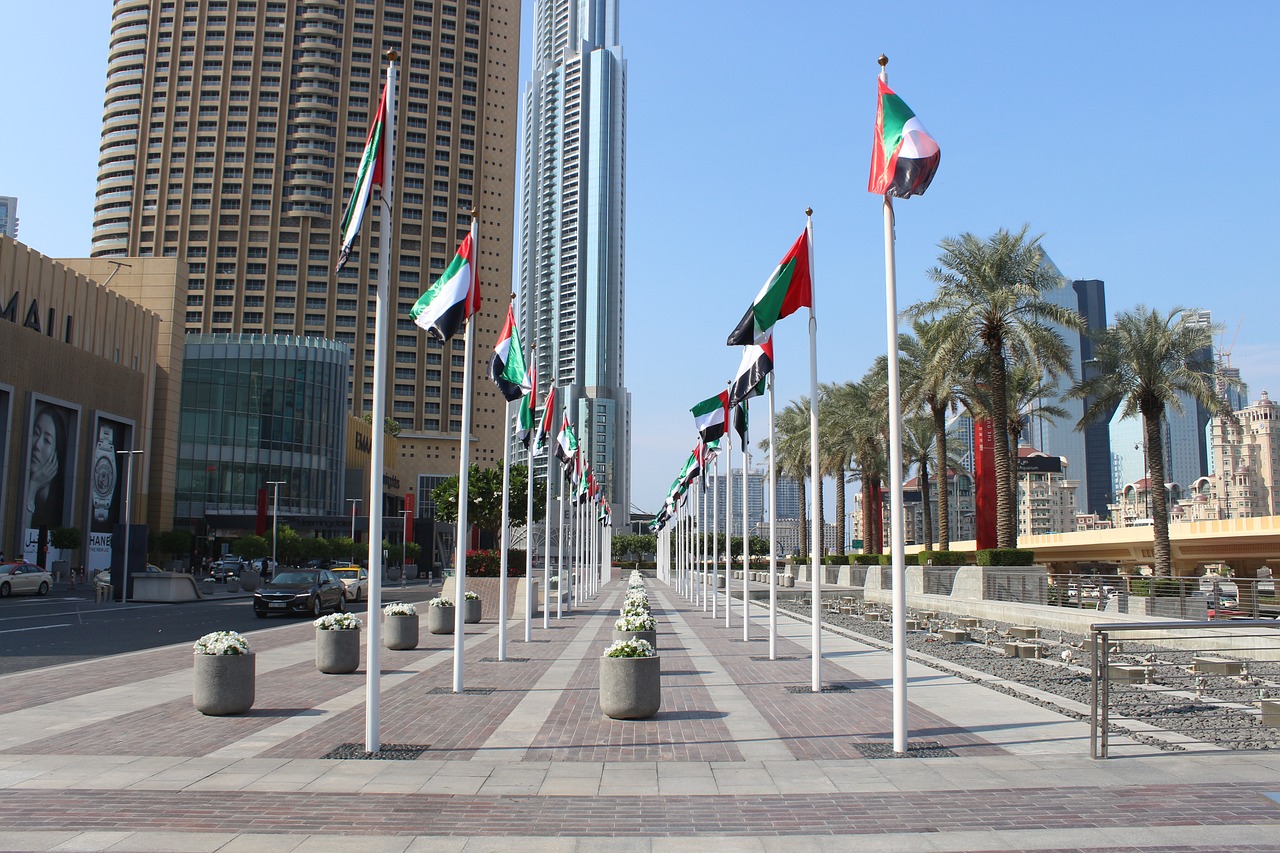Opinion: what are the relations between Egypt and the new Syria?
Fear and caution dominate Egypt’s political circles regarding the new Syria
Cairo appears to be one of the most hard-line Arab capitals in response to recent developments in Syria, despite being geographically distant from Damascus. In contrast, countries like Jordan, Kuwait, Saudi Arabia and Qatar have made rapid moves for rapprochement. The latter two have already hosted Syria’s new foreign and defence ministers in Riyadh and Doha respectively, reports Middle East Monitor.
Egyptian concerns are likely to deepen if the transitional government led by Ahmed Al-Sharaa and his team succeeds in establishing a bright new political system grounded in Islamic ideology. This would undoubtedly alarm Egyptian President Abdel Fattah Al-Sisi, who harbours strong animosity towards Islamists and led a brutal military coup to oust them from power in mid-2013.
As of now, Egypt has not sent any officials to Damascus to meet Syria’s new leaders, nor has it invited them to Cairo. It seems that the Egyptian regime has yet to fully grasp the situation or recover from the shock of Assad’s flight.
Despite a month passing since ousted President Bashar Al-Assad fled on 8 December, Egypt’s engagement with Syria has been limited to a phone call between foreign ministers. In the call, Egypt’s Foreign Minister Badr Abdelatty urged his Syrian counterpart, Asaad Al-Shaibani, to pursue a «comprehensive political transition led by Syrians without external interference, safeguarding Syria’s unity, stability and Arab identity.»
Egypt’s aviation authorities recently restricted Syrian nationals from entering the country without prior security approval, including those holding European, American or Canadian residencies. These restrictions also included Syrians who are married to Egyptians without security approvals.
Such measures hint at intentions to limit the presence of Syrians in Egypt and possibly deport some to Syria.
From Egypt’s perspective, Syria’s developments have undermined Al-Sisi’s efforts to rehabilitate Assad’s regime, break his international isolation and close the chapter on Arab Spring revolutions, consolidating the status quo.
After more than 13 years, the resurgence of an Islamist movement in Syria has alarmed governments in Egypt, Tunisia, Algeria and the Gulf. They fear that Syria’s successful transition might inspire renewed uprisings elsewhere in the region.
More From “Life in Gulf”

GCC urge the lifting of sanctions on Syria

Syria’s new rulers look for GCC support to overcome economic want

UAE’s non-oil sector business activity hits 9-month high

UAE’s DAMAC Properties to invest $20bln in US data centers

Opinion: what are the relations between Egypt and the new Syria?

How New Year is celebrated in UAE?

UAE business will track and report carbon emissions

UAE embassy in Beirut is to reopen

Saudi Arabia raised $12bln in international bonds amid strong demand

Saudi Arabia is still assessing BRICS membership

Bahrain’s debt reaches $48bln, but expert minimizes concerns over spending cuts

UAE and Saudi Arabia set to emerge as global trade ‘super-connector hubs’



